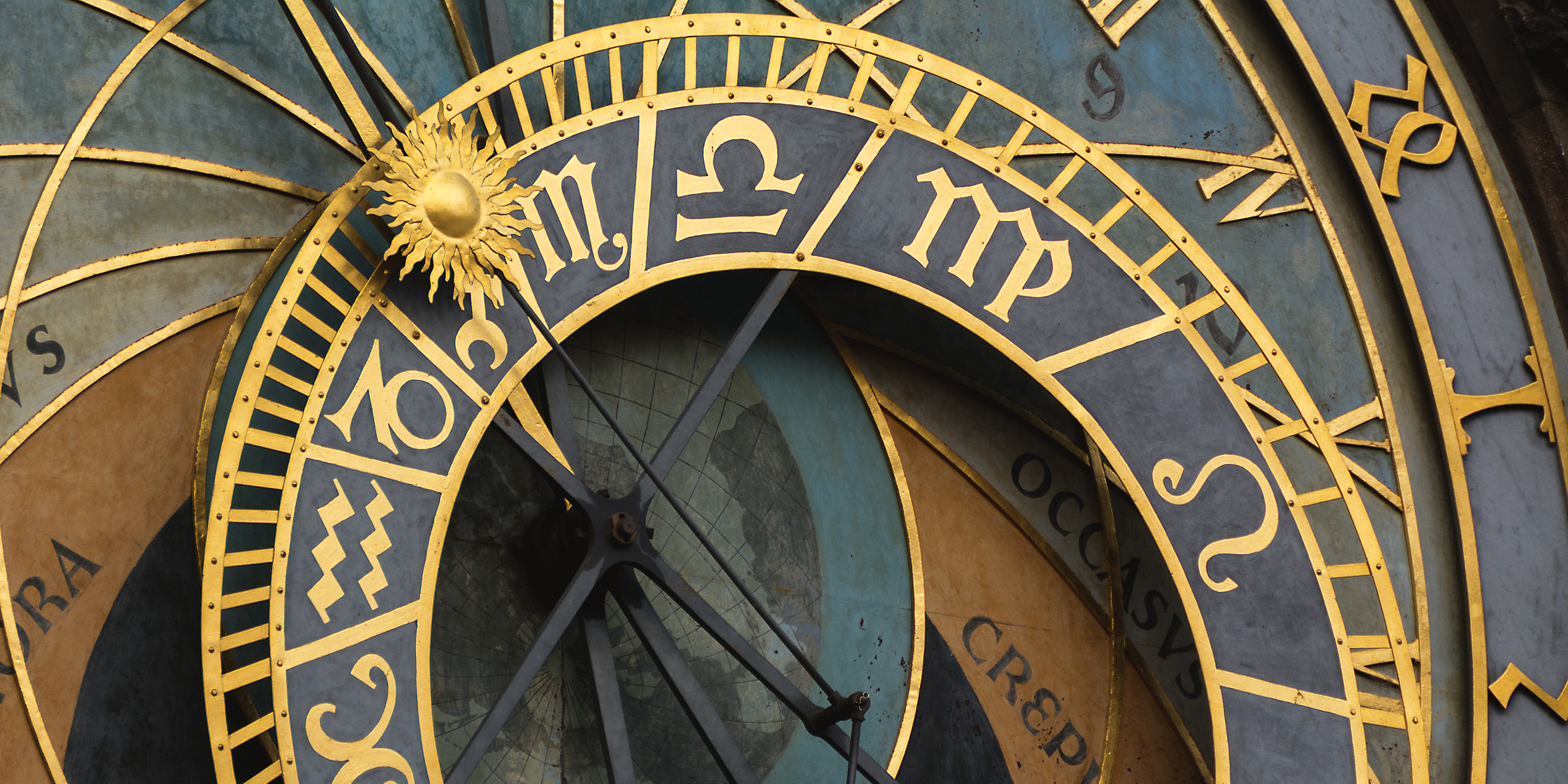Originally published 20 January 1986
I am a Virgo. My reference book on astrology says that Virgos are practical, hard-working, analytical, meticulous, tidy, and modest. That’s me, all right, except maybe for the “modest.”
Somewhere in your newspaper you will find a horoscope. There is probably not a newspaper in the world that does not have an astrology column. The Globe has the good sense to tuck the horoscopes in with the comics. Still, more people probably will read their horoscope in the Globe today than will read anything on the science pages.
Do the science pages have anything to say about astrology?
There have been many published experimental “tests” of astrology. Those that seemed to confirm astrology have been dismissed by scientists on the basis of poor experimental technique. Those that seemed to show that astrology is false have been dismissed by astrologers as theoretically biased.
A stringent test
In a [December 1985] issue of the British science journal Nature, Shawn Carlson of the University of California at Berkeley reports on a new test of the predictive powers of astrology. Carlson set out to define a test that would meet the most stringent criteria of both the scientific and astrological communities. He chose as advisers for the experiment only scientists and astrologers who were held in high esteem by their respective communities.
The astrologers helped formulate what Carlson calls the “fundamental thesis” of natal astrology: that the positions of the planets, sun, and moon at the moment of birth can be used to determine a subject’s personality traits, and tendencies in temperament and behavior, and indicate the major issues the subject is likely to encounter.
The experiment consisted of two parts. In the first part, volunteers provided information from which natal charts and interpretations were constructed by astrologers. Each subject then attempted to select his own interpretation from a group that included his own and two other chosen at random.
In the second part of the experiment, the astrologers were given the natal chart of a random subject and an assessment of that subject’s traits based on the California Personality Inventory. They were also given to other Personality Inventories chosen at random from among all the subjects. The astrologers were asked to select the personality assessment that best matched the natal chart.
The scientific thesis — that a correct match of subject and natal chart would be purely a matter of chance — predicted a success rate of one-third. The astrologers predicted that their interpretations would be correctly matched with subjects at least half of the time.
I will not bore you with an account of the many procedures employed by Carlson to ensure that biases on the part of the astrologers, subjects, or researchers did not affect the outcome of the experiment.
And, now, can you guess the outcome? The number of correct matches was statistically indistinguishable from a purely random result. You or I could have done as well as the astrologers by pulling horoscopes out of a hat. The conclusion: Astrology is baloney.
Irrational belief
Many of you, hearing of Carlson’s experiment, will say, “Ho hum, so what else is new?” And believers in astrology will certainly not be dissuaded by reason of a statistical experiment. Their belief in the determining power of the stars was essentially irrational to begin with.
As I read Carlson’s report, I had the sense that he would not have been unhappy if the results had come out in favor of astrology. Certainly, he bent over backwards to give the astrologers everything they wanted. It was the stars, one presumes, that refused to cooperate.
It is a simple fact that many people have a greater appetite for superstition than for reality. This morning, thousands of readers of this paper will look to see what the stars of the astrologer have to say about their day. Meanwhile, the real stars, those gorgeous presences (“Night’s candles,” Shakespeare called them) go mostly unnoticed.
I looked up my own horoscope in the Globe this morning. It suggested that I should be loyal to my mate in any quarrel that might arise with someone else. That’s good advice. But, if I am a reasonably mature sort of fellow, I didn’t need the stars to tell me that.



